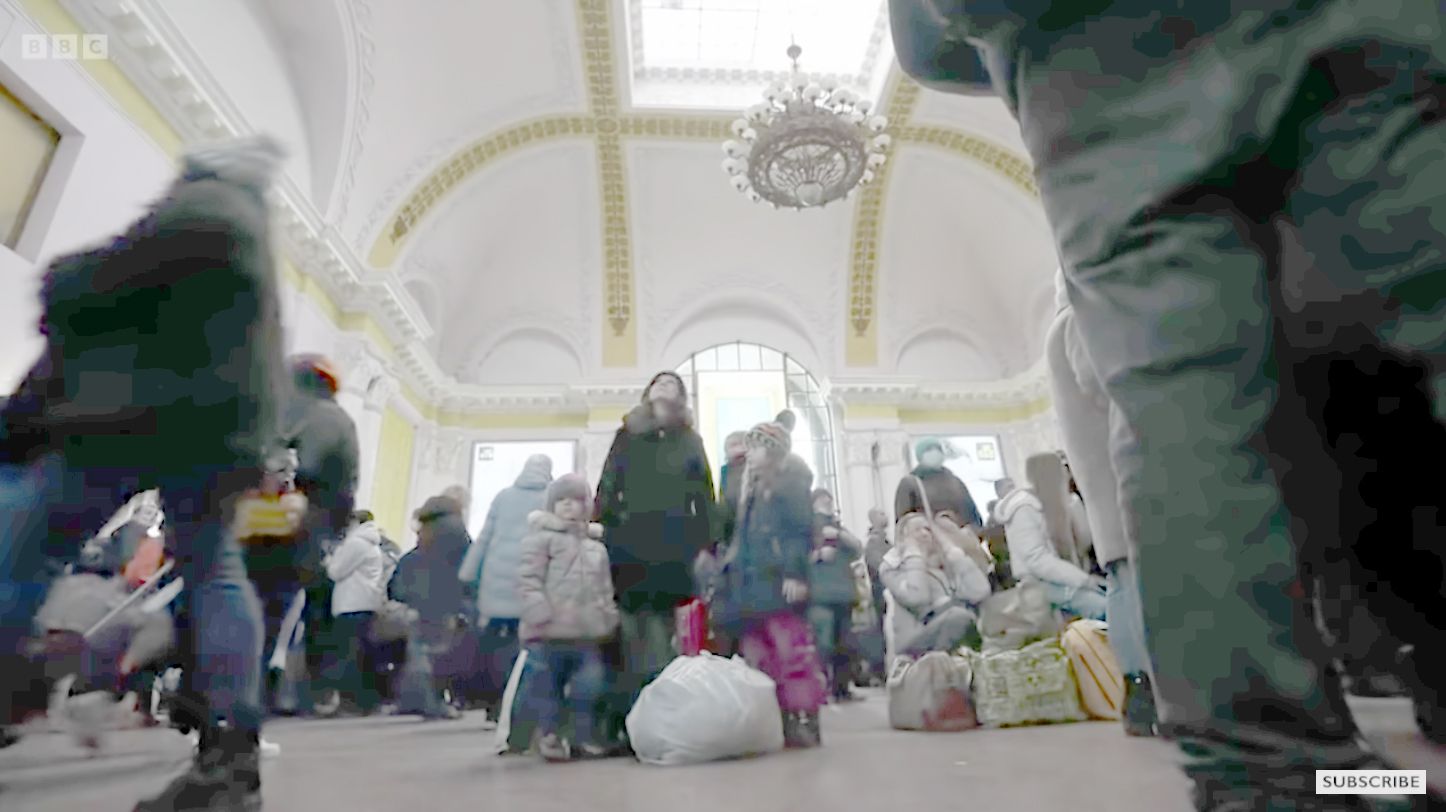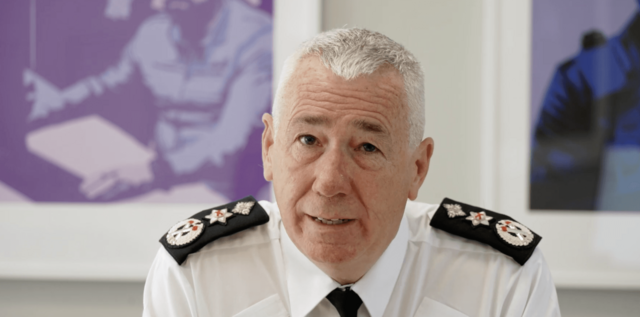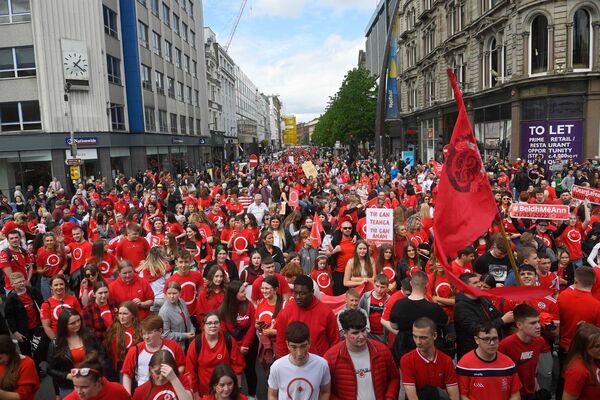IN this past week there have been many references to World War II. Many of the takes centre on justification for military actions in the face of a military invasion of one country by another. Some of these even try to co-relate 2022 politics in Ukraine and Russia to Operation Barbarossa and its aftermath. It is clearly an era some relish and revel in.
What is not so focused is the outcome of a war that would change geo-political landscapes and the sense of ourselves as co-habiting human beings forever.
The Second World War was to see a barbarism never witnessed before, in terms of military capacity to target and annihilate civilian populations. Whether it was the use of Zyklon B to facilitate mass exterminations in Auschwitz or the use of firebombs over the city of Dresden or the use of atomic bombs against the civilian populations of Nagasaki and Hiroshima, that war created an environment which saw in its aftermath an emergence of international laws so that civilian populations could be protected and disputes, no matter how intractable, would be settled through law.
Of course, the fabric of those fundamental beliefs would be frayed almost immediately. Speak to the populations of Latin America, Palestine or Vietnam and they will undoubtedly point to how international law can be very partial in its application.
So, this week creates a dual narrative, Many, especially in Ukraine and the Baltic states, wish to see the International Court flex its muscles and demonstrate its worth in the face of military invasion and aggression by Russia. That is an entirely legitimate aspiration and one which should be supported. However, there are many who will scratch chins as they think of the failure of international law to apply to fundamental aggression in the illegal war in Iraq. Ultimately, one cannot delegitimise the other, but the hypocrisy creates a sour taste.
Especially with NATO’s track record.
In 1951, directly because of Europe’s shame in refusing refugees preceding and during WWII, the United Nations Refugee Convention was signed. It was a promise that never again would refugees from political threat or violence be refused safe passage or support. That Convention has been all but torn up by Britain and much of Europe in the 70 years since.
Witness the treatment of Syrian refugees on dinghies in the English Channel as an obvious example, but Brexit Britain has been an exercise in racist and growing human rights-free ignominy. The European Union has indulged states as they exercise various degrees of that denial of fundamental human rights. That Ukrainian families need to evidence their family ties to Home Secretary Priti Patel is like an obtuse version of visa-seeking in the Blue Parrot in Casablanca.
Locally, cynicism is easy this week as we live under British rule, without our country’s consent, locally withdrawn from the EU, against our consent, and living with a diktat from London which treats international law with contempt.
However, the true vindication of the vision of human rights and its primacy is to live beyond the cynical. To promote law, particularly when it is most under attack, and to vindicate its vision as war’s alternative.
International human rights and humanitarian law need to be reclaimed and vindicated and there must be no going back – wherever you live or whatever the colour of your skin.








